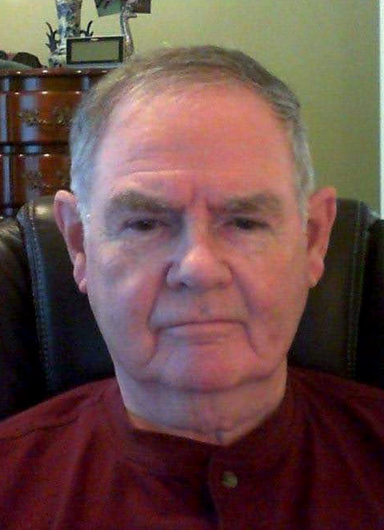My Take: Try to get to the root of disinformation belief
- Oops!Something went wrong.Please try again later.
Sixty-five years ago, just prior to his 87th birthday, the British mathematician, philosopher, and Nobel Prize winner Bertrand Russell was asked in a BBC interview what advice he would give to future generations, to people living 1,000 years in the future. Russell gave the following reply.

I should like to say two things, one intellectual and one moral:
The intellectual thing I should want to say to them is this: When you are studying any matter or considering any philosophy, ask yourself only what the facts are and what is the truth that the facts bear out. Never let yourself be diverted either by what you wish to believe or by what you think would have beneficent social effects if it were believed but look only and solely at what are the facts. That is the intellectual thing that I should wish to say.
The moral thing I should wish to say to them is very simple. I should say: Love is wise, hatred is foolish. In this world, which is getting more and more closely interconnected, we have to learn to tolerate each other. We have to learn to put up with the fact that some people say things that we don’t like. We can only live together in that way, and if we are to live together and not die together, we must learn a kind of charity and a kind of tolerance which is absolutely vital to the continuation of human life on this planet.
The “intellectual thing” Russell found noteworthy is the insistence on facts as the “truthmakers” of beliefs. Russell advocated what philosophers refer to as “the correspondence theory of truth,” according to which a belief is true if it corresponds to a fact external to the belief. As Russell says, in The Problems of Philosophy (1912), “if I believe that Charles I died on the scaffold, I believe truly … because of an historical event which happened two and a half centuries ago. If I believe that Charles I died in his bed, I believe falsely … again because of what happened long ago … truth consists in some form of correspondence between belief and fact.”
The “moral thing” Russell advised, learning charity and tolerance, is particularly relevant to our current political discourse.
Suppose a group is peddling a belief that has little or no evidentiary support but has taken hold among a significant segment of the population. Case in point: the belief that the 2020 election was stolen from Donald Trump. Roughly two-thirds of Republicans and one-third of Americans think this belief is true despite the failure of numerous lawsuits undertaken in support of it.
Should we show tolerance to those who espouse this belief? Some claim that it depends on the harm caused by the belief.
In an Aug. 15 article, Anne Tindall, special counsel at Protect Democracy, thinks the belief in the “Big Lie” has been very harmful, issuing in “real-world consequences.” It inspired “a wave of threats and actual violence against election officials across the country,” caused an erosion of “faith in our elections,” and prompted state legislatures to introduce and pass “dozens of bills that make voting harder and less secure, and make it easier for partisan officials to manipulate results to undermine the will of the voters.”
Tindall’s “real-world consequences” notwithstanding the belief that the 2020 election was stolen has become entrenched in the minds of many Americans. It has survived three and a half years of criticism and scrutiny. Once a belief takes firm root in the mind the chances of dislodging it are slim.
It is easy to throw up our hands and adopt an intolerant attitude. It is more difficult to heed Russell’s advice and “put up with the fact that some people say things that we don’t like.”
Tolerating a belief of course does not imply concurrence or agreement. But the next time you are in the presence of a partisan of the stolen election belief, why not engage in a rational discussion, and try to see that citizen’s reasons for embracing the belief.
Such an effort may fail. But intolerance tends to beget more intolerance, with the result that we become more divided than before.
— John Kearney, Ph.D., resides in Waterloo, Iowa.
This article originally appeared on The Holland Sentinel: My Take: Try to get to the root of disinformation belief
